At first glance, this story is simply about Jesus healing as he does so often in the New Testament and the Pharisees clucking in disapproval. They follow the letter of the law, forgetting that sometimes exceptions can be made, such as when their ancestors decided it was okay for them to defend themselves against the Gentiles who were trying to destroy them on the Sabbath.
But with further thought, we can see the allegory in this story. Who is this man with the withered hand and why was Jesus so intent on healing him in a synagogue in front of scribes and Pharisees on the Sabbath? Surely the healing could have been done outside in private on any other day.
Jesus has a heart for his lambs and he wants them to experience the goodness of his love sooner rather than later. Who is the man with the withered hand? We are. We are the broken, sinful lambs and Jesus is our healer and shepherd. Jesus desires to forgive us and heal us of the sin we find ourselves battling with. He does this through the Sacrament of Reconciliation but also every Sunday at Mass when he comes to us fully in body, blood, soul, and divinity. Every time we participate in the ritual of the Holy Mass, we beg for his mercy, knowing with faith that he offers it freely to our contrite hearts and we fortify ourselves physically and spiritually with his Body and Blood. We participate in the re-creation of his sacrifice that bridges the gap between heaven and earth allowing us to one day be with him in paradise.
To be healed on the Sabbath, whether from a withered hand or a withered soul, is a gift beyond measure. Praise be to Jesus for his love and healing. He is so good!
A primera vista, esta historia se trata simplemente de Jesús sanando como lo hace tan a menudo en el Nuevo Testamento y de los fariseos chasqueando la lengua en señal de desaprobación. Ellos siguen la letra de la ley, olvidando que a veces se pueden hacer excepciones, como cuando sus antepasados decidieron que estaba bien que se defendieran de los gentiles que intentaban destruirlos en sábado.
Pero si pensamos más, podemos ver la alegoría en esta historia. ¿Quién es este hombre con la mano tullida y por qué Jesús estaba tan decidido a sanarlo en una sinagoga frente a escribas y fariseos en sábado? Seguramente la sanación podría haberse realizado al aire libre, en privado, cualquier otro día.
Jesús tiene un corazón para sus corderos y quiere que experimenten la bondad de su amor más temprano que tarde. ¿Quién es el hombre con la mano tullida? Nosotros. Somos los corderos quebrantados y pecadores y Jesús es nuestro sanador y pastor. Jesús desea perdonarnos y sanarnos del pecado con el que nos encontramos batallando. Lo hace a través del Sacramento de la Reconciliación, pero también cada domingo en la Misa, cuando viene a nosotros plenamente en cuerpo, sangre, alma y divinidad. Cada vez que participamos en el ritual de la Santa Misa, imploramos su misericordia, sabiendo con fe que la ofrece libremente a nuestros corazones contritos y nos fortalecemos física y espiritualmente con su Cuerpo y Sangre. Participamos en la recreación de su sacrificio que cierra la brecha entre el cielo y la tierra, permitiéndonos un día estar con él en el paraíso.
Ser sanado en sábado, ya sea de una mano tullida o de un alma tullida, es un regalo inconmensurable. Alabado sea Jesús por su amor y sanación. ¡Dios es tan bueno!
 Merridith Frediani loves words and is delighted by good sentences. She also loves Lake Michigan, dahlias, the first sip of hot coffee in the morning, millennials, and playing Sheepshead with her husband and three kids. She writes for Catholic Mom, Diocesan.com, and her local Catholic Herald. Her first book Draw Close to Jesus: A Woman’s Guide to Adoration is available at Our Sunday Visitor and Amazon. You can learn more at merridithfrediani.com.
Merridith Frediani loves words and is delighted by good sentences. She also loves Lake Michigan, dahlias, the first sip of hot coffee in the morning, millennials, and playing Sheepshead with her husband and three kids. She writes for Catholic Mom, Diocesan.com, and her local Catholic Herald. Her first book Draw Close to Jesus: A Woman’s Guide to Adoration is available at Our Sunday Visitor and Amazon. You can learn more at merridithfrediani.com.
Feature Image Credit: Artem Kovalev, unsplash.com/photos/woman-wearing-gray-long-sleeved-shirt-facing-the-sea-fk3XUcfTAvk
The views and opinions expressed in the Inspiration Daily blog are solely those of the original authors and contributors. These views and opinions do not necessarily represent those of Diocesan, the Diocesan staff, or other contributors to this blog.

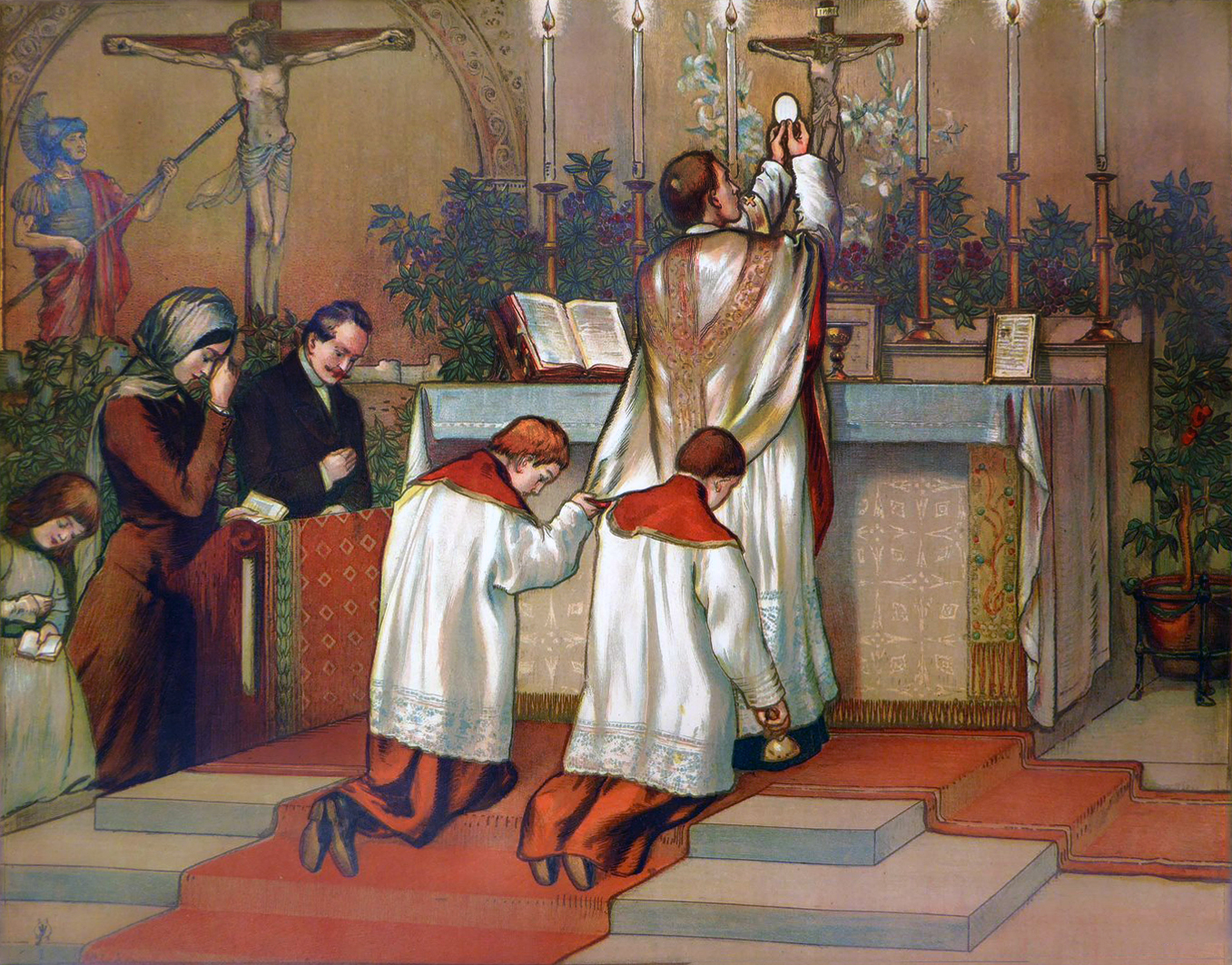
 Colleen Orchanian is a podcaster, blogger, and spiritual director who desires to help others have a more profound encounter with God. She is the author of three books: Nearer My God to Thee, Times of Grace, and Lingering with God. Her podcast is Food for Thought (Spiritually Speaking). You can learn more at
Colleen Orchanian is a podcaster, blogger, and spiritual director who desires to help others have a more profound encounter with God. She is the author of three books: Nearer My God to Thee, Times of Grace, and Lingering with God. Her podcast is Food for Thought (Spiritually Speaking). You can learn more at 


 Deanna G. Bartalini, M.Ed.; M.P.A., is a certified spiritual director, writer, speaker and content creator. The
Deanna G. Bartalini, M.Ed.; M.P.A., is a certified spiritual director, writer, speaker and content creator. The 
 Mike Karpus is a regular guy. He grew up in Michigan’s Upper Peninsula, graduated from Michigan State University and works as an editor. He is married to a Catholic school principal, raised two daughters who became Catholic school teachers at points in their careers, and now relishes his two grandchildren, including the older one who is fascinated with learning about his faith. He also has served on a Catholic school board, a pastoral council and a parish stewardship committee. He currently is a lector at Mass, a Knight of Columbus, Adult Faith Formation Committee member and a board member of the local Habitat for Humanity organization. But mostly he’s a regular guy.
Mike Karpus is a regular guy. He grew up in Michigan’s Upper Peninsula, graduated from Michigan State University and works as an editor. He is married to a Catholic school principal, raised two daughters who became Catholic school teachers at points in their careers, and now relishes his two grandchildren, including the older one who is fascinated with learning about his faith. He also has served on a Catholic school board, a pastoral council and a parish stewardship committee. He currently is a lector at Mass, a Knight of Columbus, Adult Faith Formation Committee member and a board member of the local Habitat for Humanity organization. But mostly he’s a regular guy.
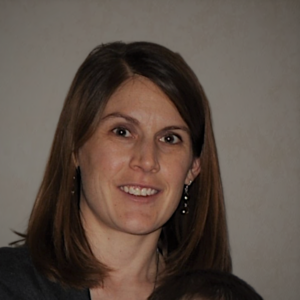 Kimberly Andrich writes from the perspective of having a hidden, chronic illness and experiencing a deep, continuous conversion through being yoked to Jesus in the day-to-day trials and joys of life. She is a wife, mother of 5, and daughter of the King. Kimberly also writes for
Kimberly Andrich writes from the perspective of having a hidden, chronic illness and experiencing a deep, continuous conversion through being yoked to Jesus in the day-to-day trials and joys of life. She is a wife, mother of 5, and daughter of the King. Kimberly also writes for 
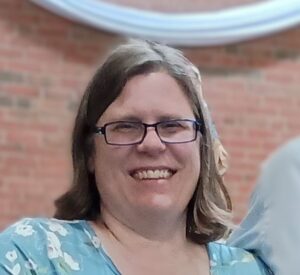 Tami Urcia is a midwestern gal from a large Catholic family. As a young adulthood she was a missionary in Mexico, where she studied theology and philosophy. After returning stateside bilingual, she gained a variety of work experience, traveled extensively and finished her Bachelor’s Degree at Brescia University. She loves organizing and simplifying things, watching her children play sports, deep conversations with close family and friends and finding unique ways to brighten others’ day with Christ’s love. She works full time at Diocesan in the Software Department and manages the Inspiration Daily reflections. She also is a guest blogger on
Tami Urcia is a midwestern gal from a large Catholic family. As a young adulthood she was a missionary in Mexico, where she studied theology and philosophy. After returning stateside bilingual, she gained a variety of work experience, traveled extensively and finished her Bachelor’s Degree at Brescia University. She loves organizing and simplifying things, watching her children play sports, deep conversations with close family and friends and finding unique ways to brighten others’ day with Christ’s love. She works full time at Diocesan in the Software Department and manages the Inspiration Daily reflections. She also is a guest blogger on 
 Kate Taliaferro is an Air Force wife and mother. She is blessed to be able to homeschool, bake bread and fold endless piles of laundry. When not planning a school day, writing a blog post or cooking pasta, Kate can be found curled up with a book or working with some kind of fiber craft. Kate blogs at
Kate Taliaferro is an Air Force wife and mother. She is blessed to be able to homeschool, bake bread and fold endless piles of laundry. When not planning a school day, writing a blog post or cooking pasta, Kate can be found curled up with a book or working with some kind of fiber craft. Kate blogs at 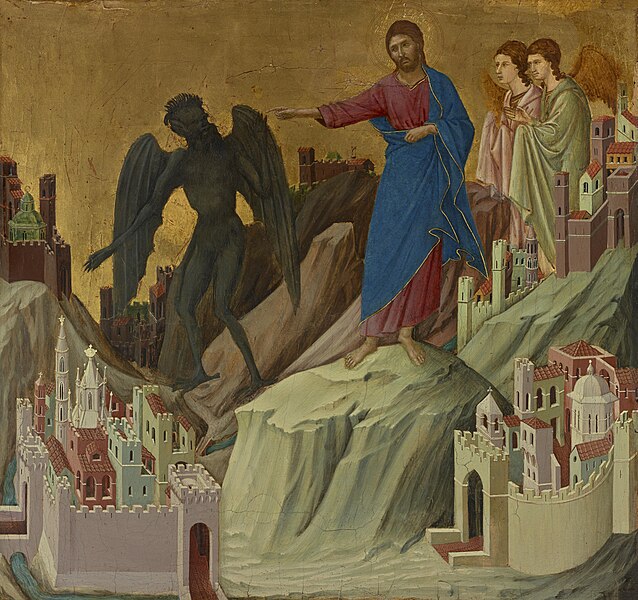
 Former NPS Park Ranger, Catholic educator, and Youth Minister, Melissa Lucca now spends her days evangelizing family and neighbors as a stay-at-home mom. She holds an MA in Theology from the Augustine Institute and pursues personal study in her spare time. Melissa loves Ignatian Spirituality, Mother Mary, and rock climbing. If you don’t hear her and her kiddo laughing at home, then they are probably out on an adventure!
Former NPS Park Ranger, Catholic educator, and Youth Minister, Melissa Lucca now spends her days evangelizing family and neighbors as a stay-at-home mom. She holds an MA in Theology from the Augustine Institute and pursues personal study in her spare time. Melissa loves Ignatian Spirituality, Mother Mary, and rock climbing. If you don’t hear her and her kiddo laughing at home, then they are probably out on an adventure!
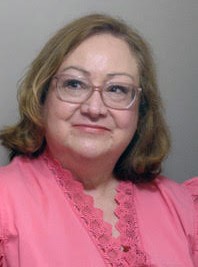 Christine Arata is a San Francisco, California native. She lives a few blocks away from the ocean and a park. She finds nature inspiring. Her cat brings her comfort. She loves being creative not only with her writing but with almost everything, including her home cooking. Her studies in the Catholic faith are ongoing. In 2019, when she discovered St. Hildegard of Bingen was underrepresented by Catholics, she found a purpose. Her latest website, St. Hildegard’s Wisdom features blog posts about all of that:
Christine Arata is a San Francisco, California native. She lives a few blocks away from the ocean and a park. She finds nature inspiring. Her cat brings her comfort. She loves being creative not only with her writing but with almost everything, including her home cooking. Her studies in the Catholic faith are ongoing. In 2019, when she discovered St. Hildegard of Bingen was underrepresented by Catholics, she found a purpose. Her latest website, St. Hildegard’s Wisdom features blog posts about all of that: 
 Tami Urcia grew up in Western Michigan, a middle child in a large Catholic family. She spent early young adulthood as a missionary in Mexico, studying theology and philosophy, then worked and traveled extensively before finishing her Bachelor’s Degree in Western Kentucky. She loves tackling projects, finding fun ways to keep her little ones occupied, quiet conversation with the hubby and finding unique ways to love. She works full time at Diocesan, is a guest blogger on
Tami Urcia grew up in Western Michigan, a middle child in a large Catholic family. She spent early young adulthood as a missionary in Mexico, studying theology and philosophy, then worked and traveled extensively before finishing her Bachelor’s Degree in Western Kentucky. She loves tackling projects, finding fun ways to keep her little ones occupied, quiet conversation with the hubby and finding unique ways to love. She works full time at Diocesan, is a guest blogger on 
 A lover of Jesus Christ, a wife, and a mother of five,
A lover of Jesus Christ, a wife, and a mother of five, 